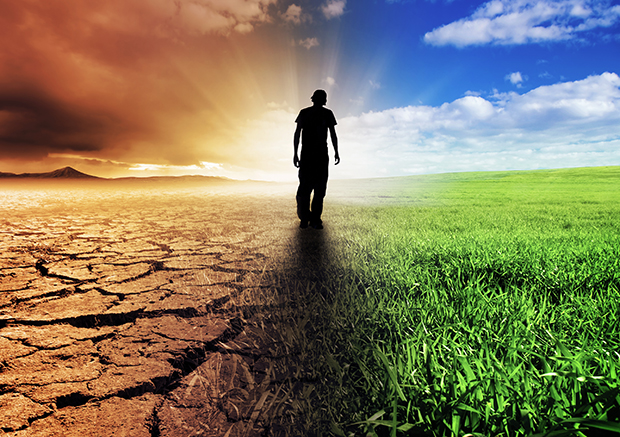Miscellaneous

Search for meaning
Between 1942 and 1945 psychiatrist Viktor Frankl labored in four Nazi death camps, including Auschwitz. Afterwards he wrote his legendary book Man’s Search for Meaning in which he argues that we cannot avoid suffering but we can choose how to cope, find meaning in it, and move forward with Read More...

A county without cell phones and Wi-Fi
After decades of nonstop technological inventions and breakthroughs that have resulted in a world of unstoppable connectivity people are finally stepping back and asking—is this connectivity necessary? Is it good? Pocahontas County in West Virginia is a 942 square mile plot of earth with nearly Read More...

The healing power of laughter
In 1964, American journalist Norman Cousins received a terminal diagnosis. He had a life-threatening form of arthritis, and doctors told him his chance of survival was 1 in 500. Determined not to be one of the 499, Cousins began researching his illness. The hospital gave him a mountain of Read More...

Possible cure for type 1 diabetes
Three million Americans have type 1 diabetes—that’s the kind where your body is unable to produce insulin. But good news is on the horizon—scientists have recently been able to create fully formed human insulin cells in a laboratory. While more tests still need to be carried out before the Read More...

Instruments to change reality
On February seventh, 2003, a car loaded with 440 pound of explosives parked on the third floor garage of El Club Nogal in Bogotá, Colombia. The country has been plagued by guerilla warfare for over 50 years, but this terrorist attack on an elite club was one of the worst to strike the nation for a Read More...

Cheaper glasses bring sight to the developing world
There are 700 million people that need glasses but can’t afford them, many living in the developing world. Cost can be a large barrier to overcome when trying to get a pair of glasses. A new company called ViFlex is working to create basic glasses that affordable to those on tight incomes in the Read More...

Video interview with Lynne McTaggart
Lynne McTaggart is author of international bestsellers “The Field” and “The Intention Experiment,” she is also editor of the magazine What Doctors Don’t Tell You. McTaggart believes that everything is interconnected, down to the smallest particles. The Intelligent Optimist asked Read More...

Energy efficiency could save trillions
The benefits of energy efficiency are apparent—it saves the environment—but as it turns out, it saves us money too. A new report from the International Energy Agency says investments in energy efficiency could return upwards of $18 trillion—which is just about equal to the combined total of Read More...

Shift toward greener transport will save trillions
Rush hour is bad for the environment and as it turns out, the economy as well. A recent study investigated how major changes in urban transport systems worldwide would effect not just carbon emissions, but economic growth. The results were stunning—a major shift toward greener urban transport Read More...

Shift toward greener transport will save trillions
Rush hour isn’t fun for anyone, and it’s even worse for the environment. Cars back up the highway, people crowd the metro, and the entire time our machines pump gallons of carbon dioxide into the atmosphere. Surely there must be a better way. Fortunately for us, there is. The Institute for Read More...


